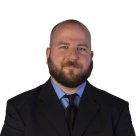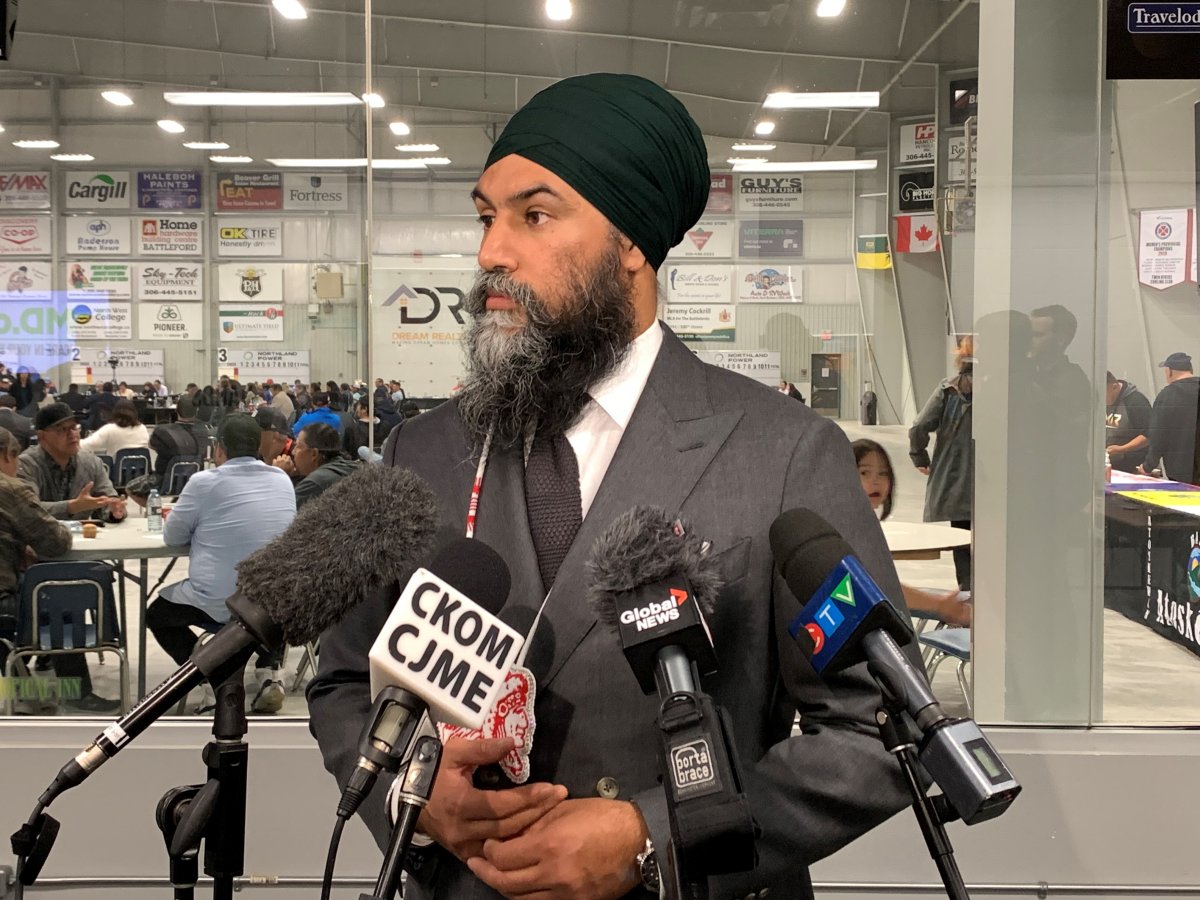NDP leader Jagmeet Singh was in North Battleford on Wednesday and took aim at Saskatchewan’s provincial government and the Sask. First Act, but also laid into David Johnston’s foreign interference report.

Singh’s comments about the Sask. First Act not respecting First Nations’ rights didn’t go unnoticed, spurring Premier Scott Moe to take to Twitter, calling the NDP leader a subsidiary owned by the federal government.
In regards to David Johnston’s foreign interference report, Singh said they’ve been calling for a public inquiry since the beginning.
“What we are seeing right now is a Liberal government that is not taking foreign interference seriously. And we’re seeing the Conservative Party, under Pierre Poilievre, wanting to play games. He’s not even willing to look at the evidence himself.”
He said this wasn’t a game to him, nor was it something he’d ignore, noting that we need to take this seriously and find solutions to safeguard Canada’s democracy.
At the same time, Prime Minister Justin Trudeau was in Winnipeg, also addressing the foreign interference report.
“I’d suggest opposition leaders and indeed Canadians take a look at (Johnston’s) report and understand the work that he has done in this,” Trudeau said.
He said people should be looking at the substance of what he called a very serious issue and take it with the seriousness that he feels it deserves, rather than the partisanship Trudeau said was “running rampant right now.”

He said party leaders have been given the opportunity to get the security clearance to look at all the angles that brought Johnston to his conclusion.
Trudeau spoke about the Stephen Harper government that Poilievre was a part of back in 2015, noting that government refused to have transparency for parliamentarians on the topic of national security.
He said during the 2015 election, Poilievre campaigned against allowing parliamentarians access to see what Canadian security agencies do.
“Now Mr. Poilievre is choosing to be consistent, in his being consistently wrong, in that he still doesn’t think parliamentarians of all different parties should get the security clearance necessary to dig into what our intelligence services and agencies are doing.”
He said allowing other parties to look over national security is reassuring to Canadians.
Trudeau said Poilievre continues to “be against transparency,” adding that he criticizes Johnston without actually looking at the report and the elements that led to Johnston’s conclusions.
“Pierre Poilievre is choosing to sit behind a veil of ignorance instead.”

“He doesn’t want the facts to get in the way of a good political argument, or a personal attack,” Trudeau added.
He questioned whether Poilievre was a serious leader, asking whether that is the way to handle something as serious as foreign countries trying to interfere with Canadian democracy.
“On an issue like this, we have to be grounded in facts.”
MPs have been questioning David Johnston’s impartiality since his role as a special rapporteur was announced back in March.
Johnston noted his impartiality or integrity has not been called into question before and said the charges leveled against him were “troubling.”
“This kind of baseless set of accusations diminishes trust in our public institutions,” he said, adding it may deter Canadians from entering public service.
The report noted that until recently, Canada’s public and internal efforts to combat foreign interference have mostly focused on cyber threats to elections, where Russia typically operates.
In contrast, Canada has been slower to respond to Chinese efforts that are more widespread and often directly target diaspora communities, along with online disinformation and other methods.
“We have not responded quickly and as effectively as we should,” he said in Ottawa, adding the public hearings he recommended in lieu of an inquiry would help address that “gap.”
Johnston said it is important for politicians to avoid using further reports of foreign interference to score political points, adding all parties must work together to face the “ever-evolving danger.”
“There has been too much posturing, and ignoring facts in favour of slogans, from all parties,” he wrote. “And many of those slogans turned out to be wrong.”
Johnston’s work is expected to continue through the end of October when he is due to present a final report to the government.
– with files from Sean Boynton


Comments